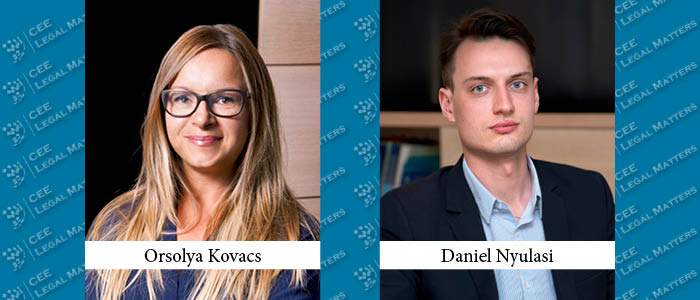The solar power plant market in Hungary became very active lately and it is expected to grow further still. Transactions in this market require more due diligence than, for example, the sale of a business property, and it seems that as of this January, foreign investors will need to consider this further aspect simultaneously when making a business decision on a solar market transaction.
A pre-business decision assessment should include a full due diligence of the strategic company, especially if it has a solar power plant. In this case, a review of the technical content of the solar power plant is inevitable as the location, the site, or even the quality of the installed equipment will largely determine the return on investment and the expected lifetime and operating costs of the solar power plant.
In Hungary, however, another aspect to consider in the future is that the legal environment in solar power capacity is changing quickly, such as the existence and scope of land use and connection contracts and permits, which may be decisive for the planned operation. It should be highlighted that transaction costs for the preparation of the sale and purchase agreement and legal support for a transaction in the Hungarian solar market might reach up to EUR 500,000.
Preparing such a transaction has become even more complex as the energy sector in Hungary changed significantly in December 2023 with the adoption of Government Decree no. 566/2023 and Government Decision no. 1576/2023. With these, the Hungarian Government introduced a pre-emption right for the state, according to which, transactions that are subject to this statutory pre-emption right cover acquisitions of strategic companies by foreign investors where the strategic company pursues solar power plant-related activity with its main or other registered activity being electricity production. This legislation entered into force on January 13, 2024.
The FDI procedures conducted by the Minister of National Economy based on Government Decree 561/2022 (XII.23) (FDI Decree) have been modified and extended for these types of transactions. The process under the new rules can be summarised as follows:
First, foreign investors must file their request for such an acquisition, whereby the Minister of National Economy, upon the notification and the documentation received (to be submitted within 10 days as of the transaction and during the procedure legal representative is required), shall decide whether the notified transaction related to a solar power plant is subject to the FDI Decree.
If the Minister of National Economy establishes that this is the case, the Minister for National Economy will notify the minister responsible for energy politics, who will decide whether or not the pre-emption right is legitimate: the minister can propose exercising the pre-emption right of the state or can propose waiving the pre-emption right.
If the minister responsible waives the pre-emption right or gives no response within 15 business days, the Minister of National Economy will continue its procedure and acknowledge the transaction by issuing a decision on its acknowledgement.
In the event that the state exercises its pre-emption right, it is actually Hungarian National Asset Management Ltd. which proceeds within 60 business days and, pursuant to Government Decision no. 1576/2023, acquires the shares of the strategic companies registered for electricity generation and solar power plant activities.
Companies that have been acquired by the state through the right of pre-emption in the manner described above will be transferred to MVM Energetika Zrt. within six months after the date of their acquisition by the state.
Given that the above legislation entered into force shortly before the writing of this article, the practice is expected to continue to evolve in Hungary going forward.
By Orsolya Kovacs, Executive Partner, and Daniel Nyulasi, Junior Associate, Nagy & Trocsanyi
This article was originally published in Issue 11.3 of the CEE Legal Matters Magazine. If you would like to receive a hard copy of the magazine, you can subscribe here.
